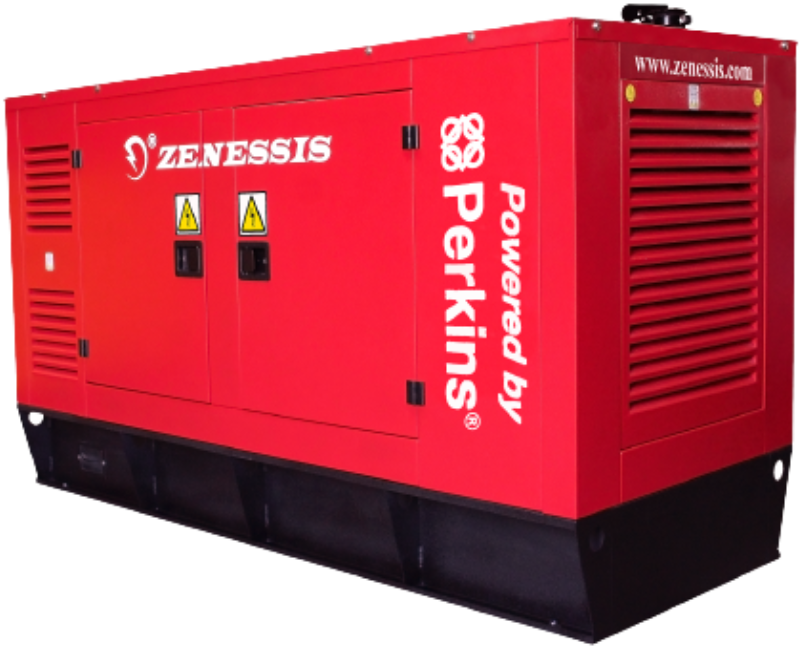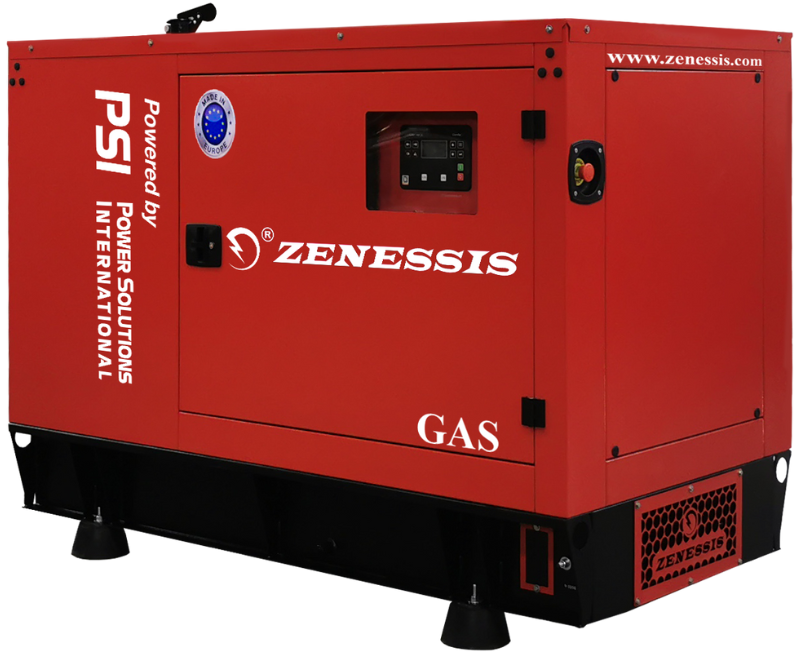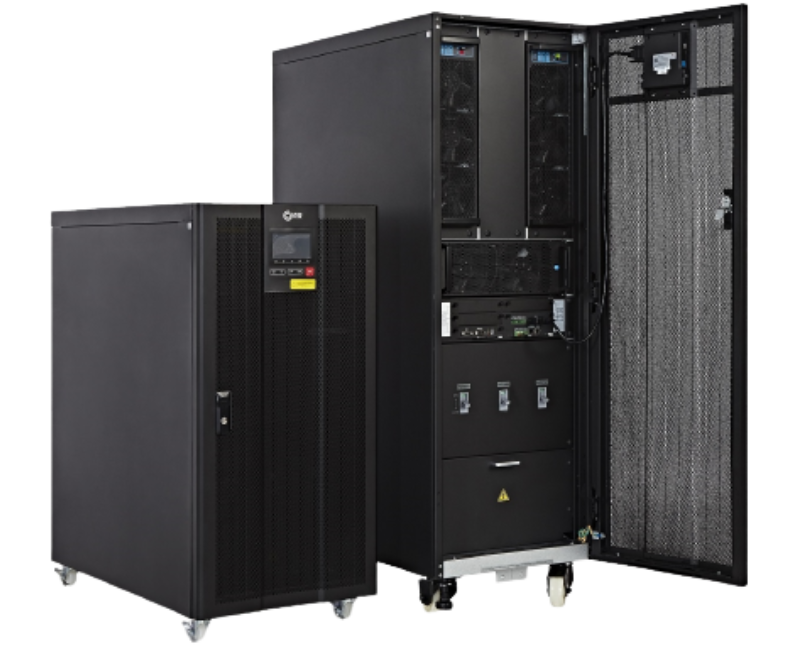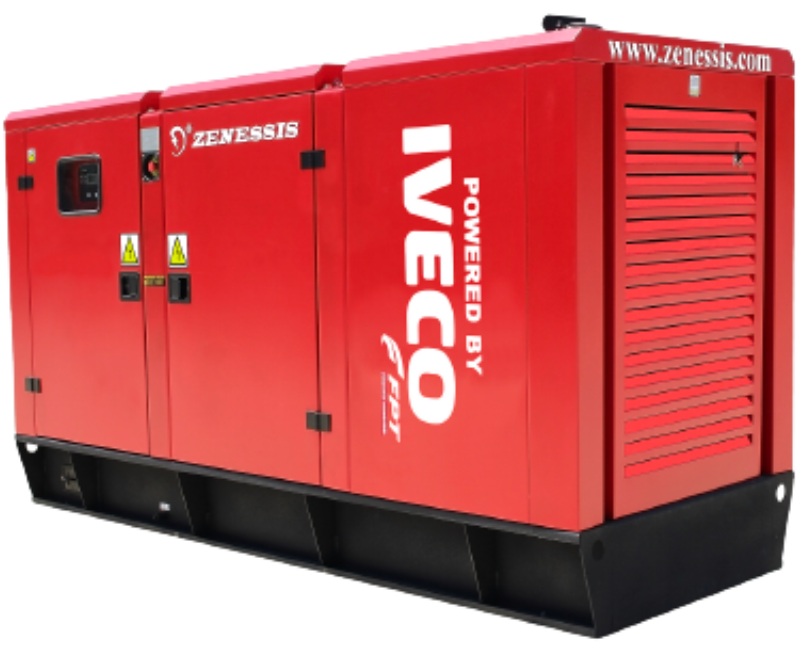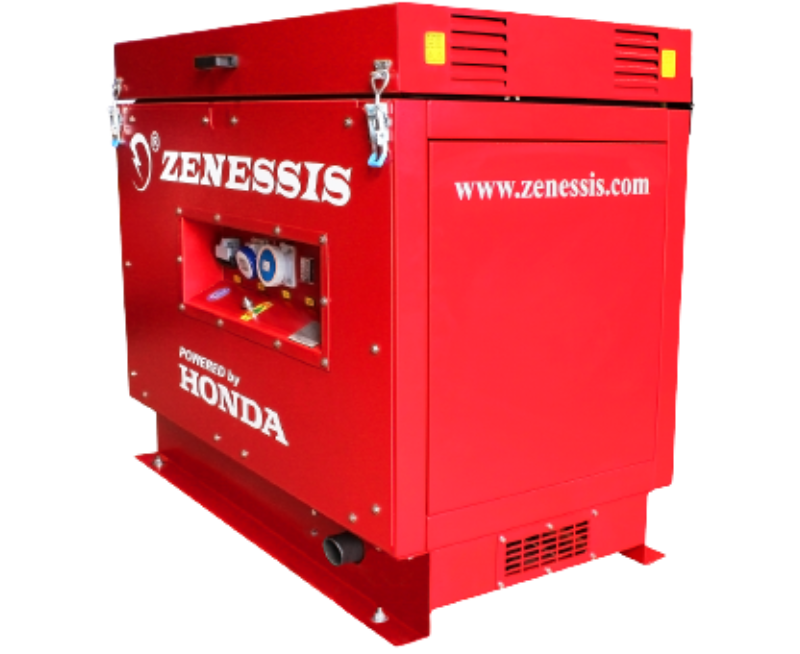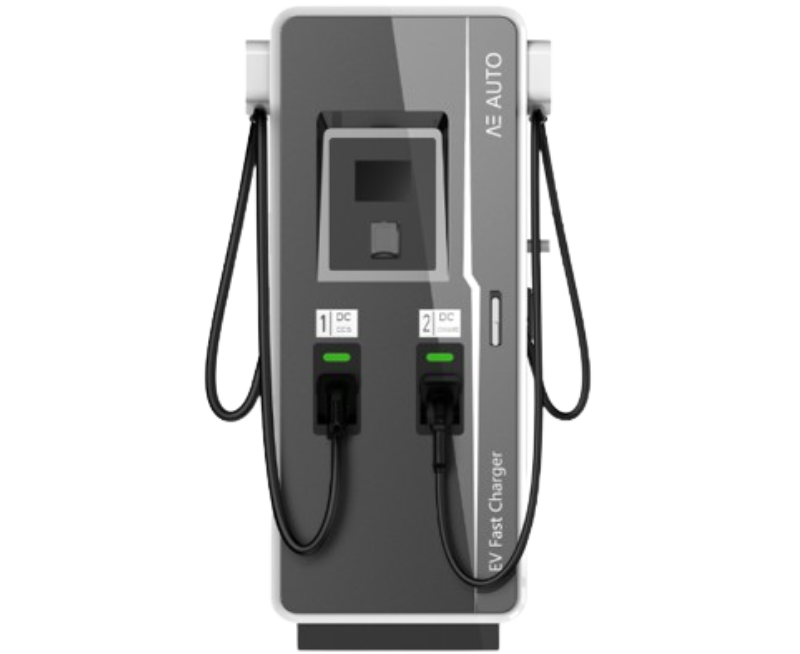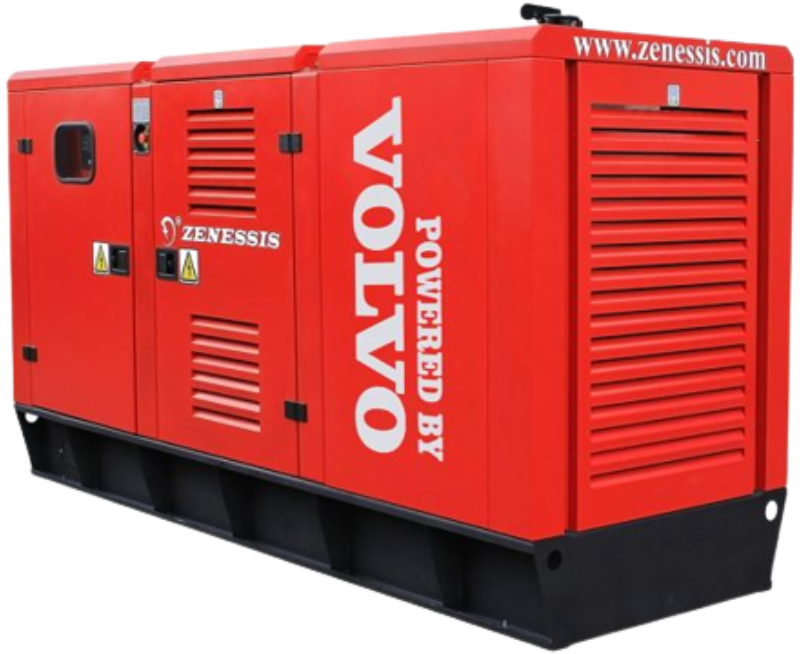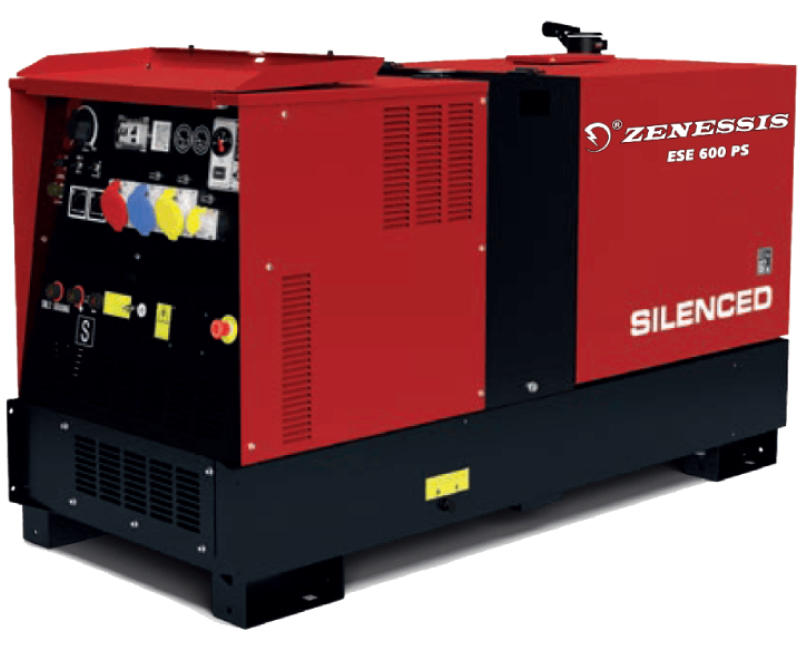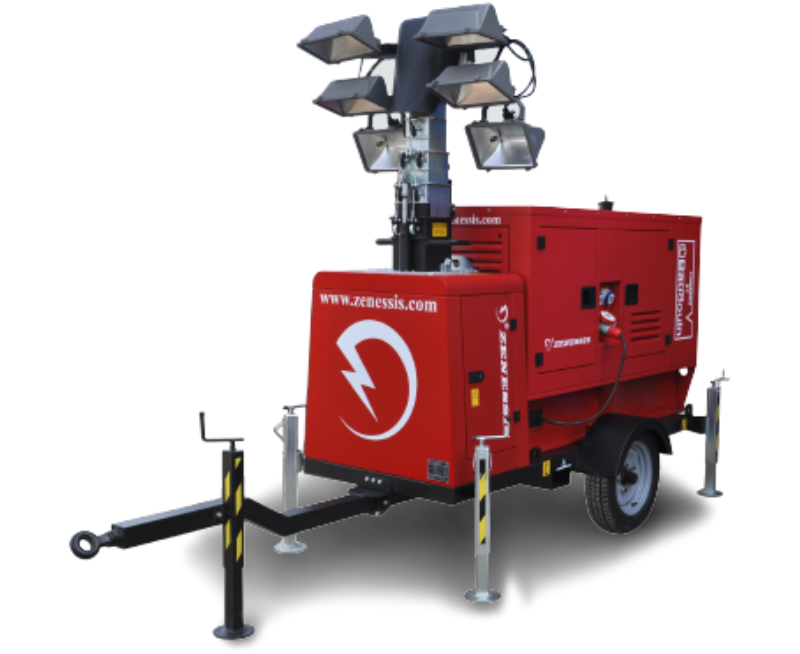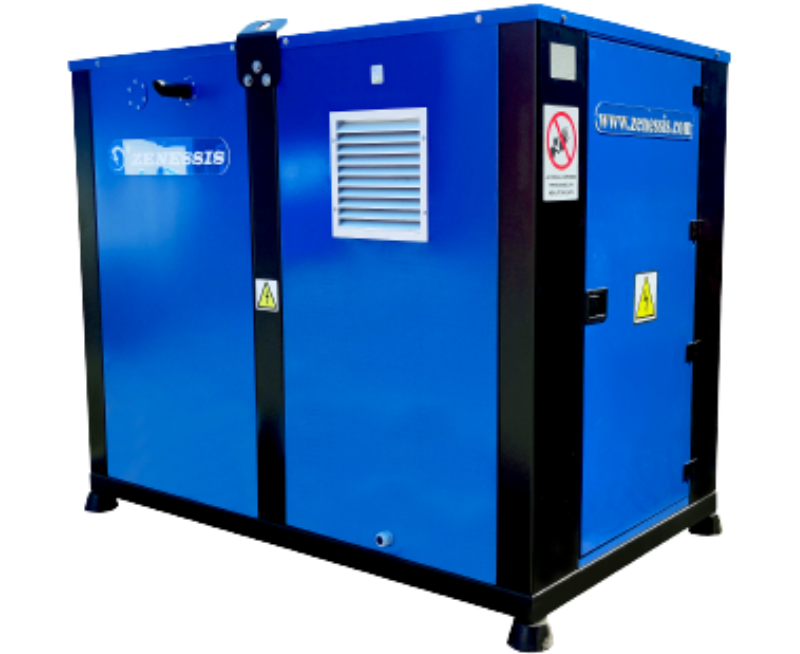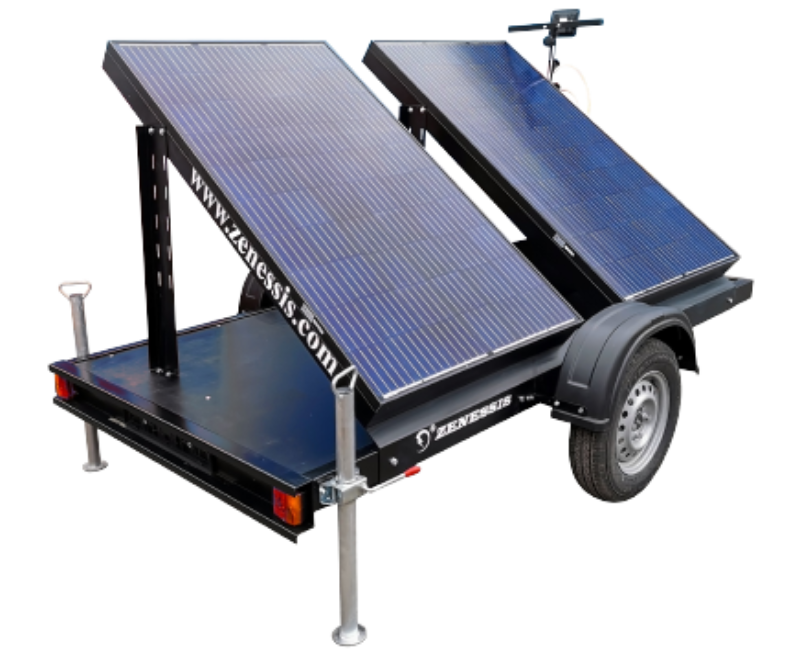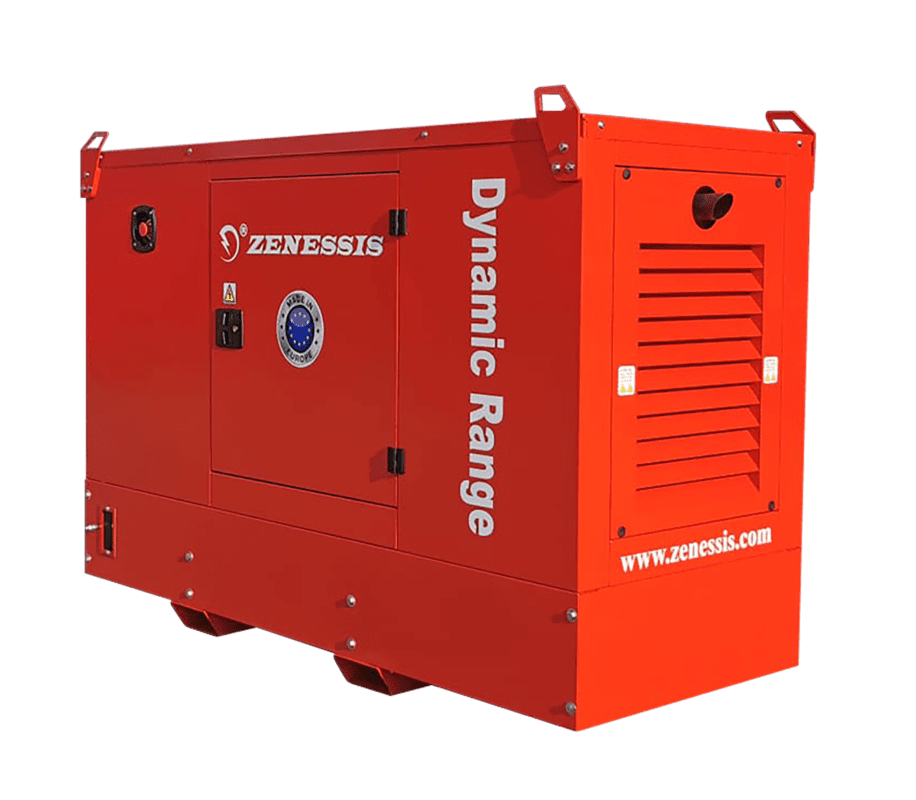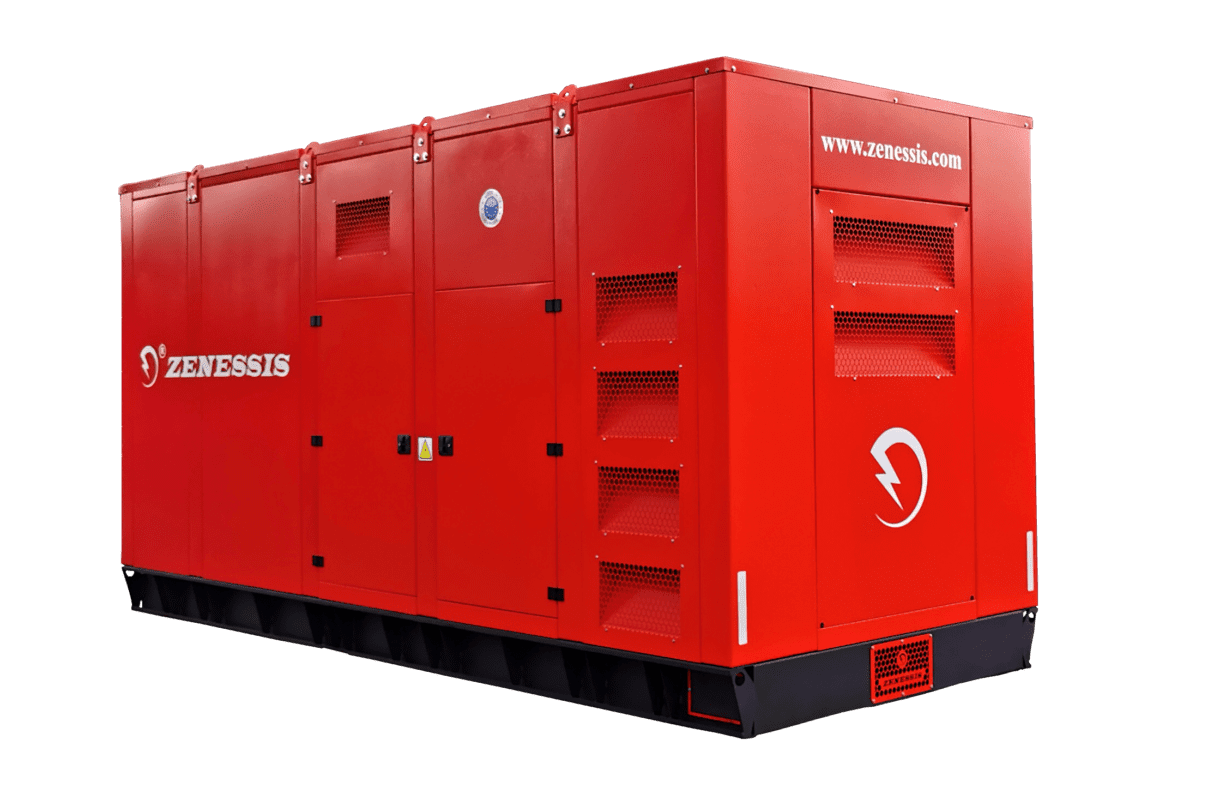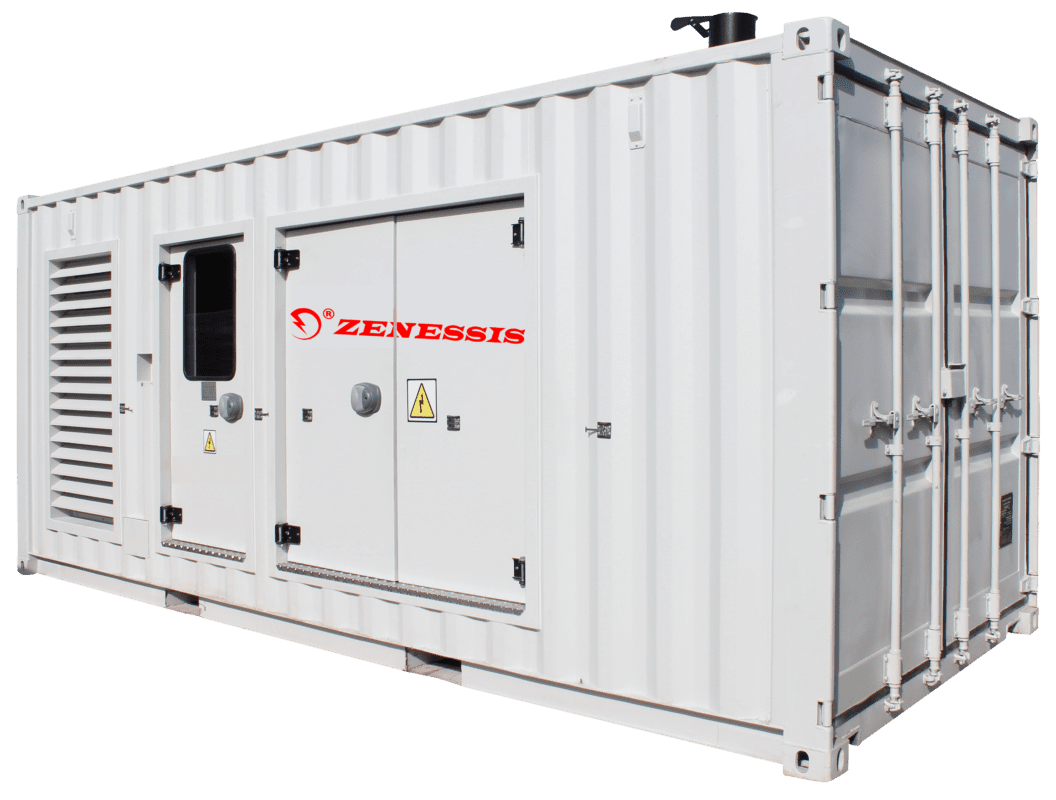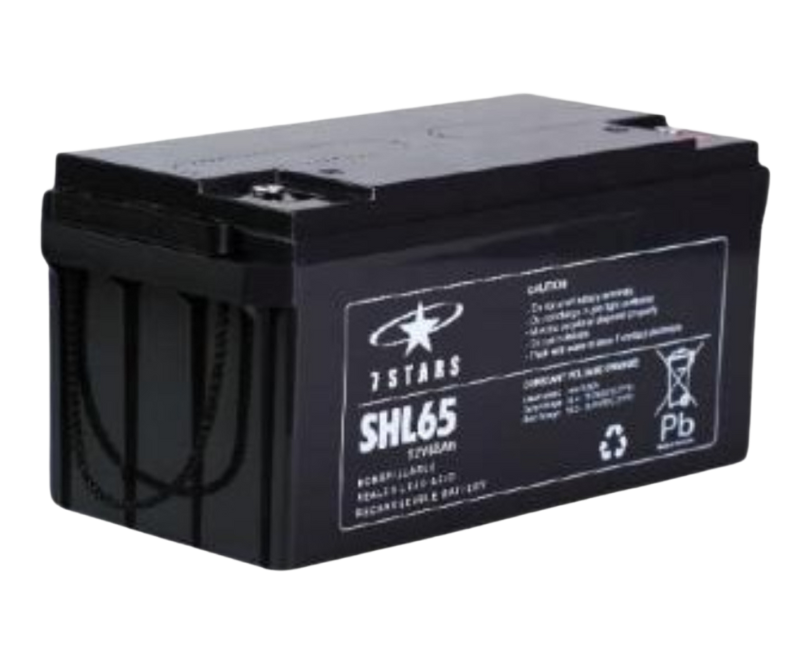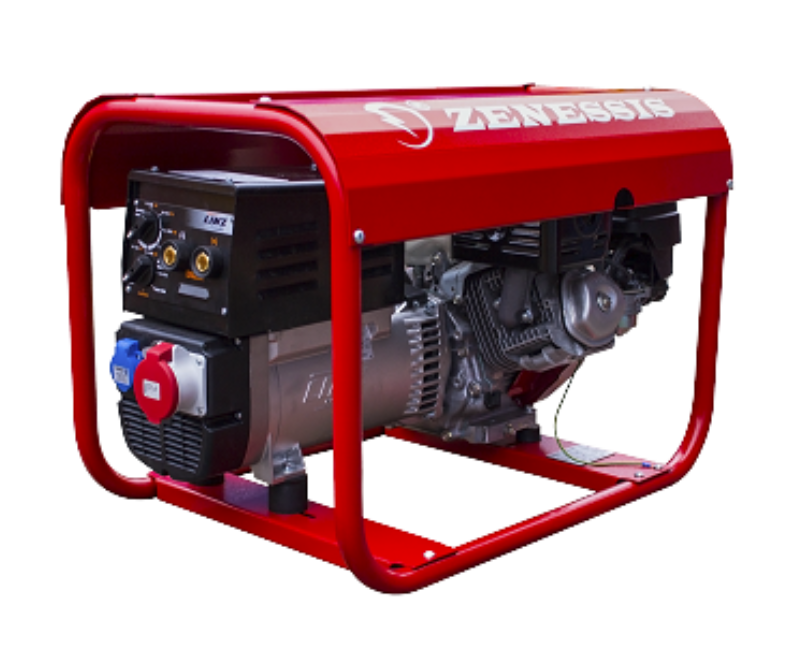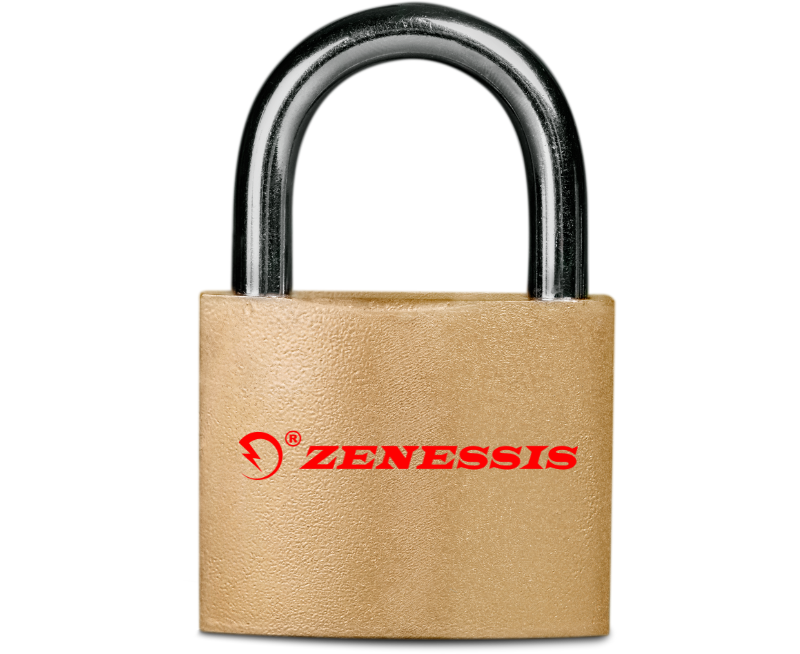Modern Diesel Generators and Their Role in the Clean Energy Transition
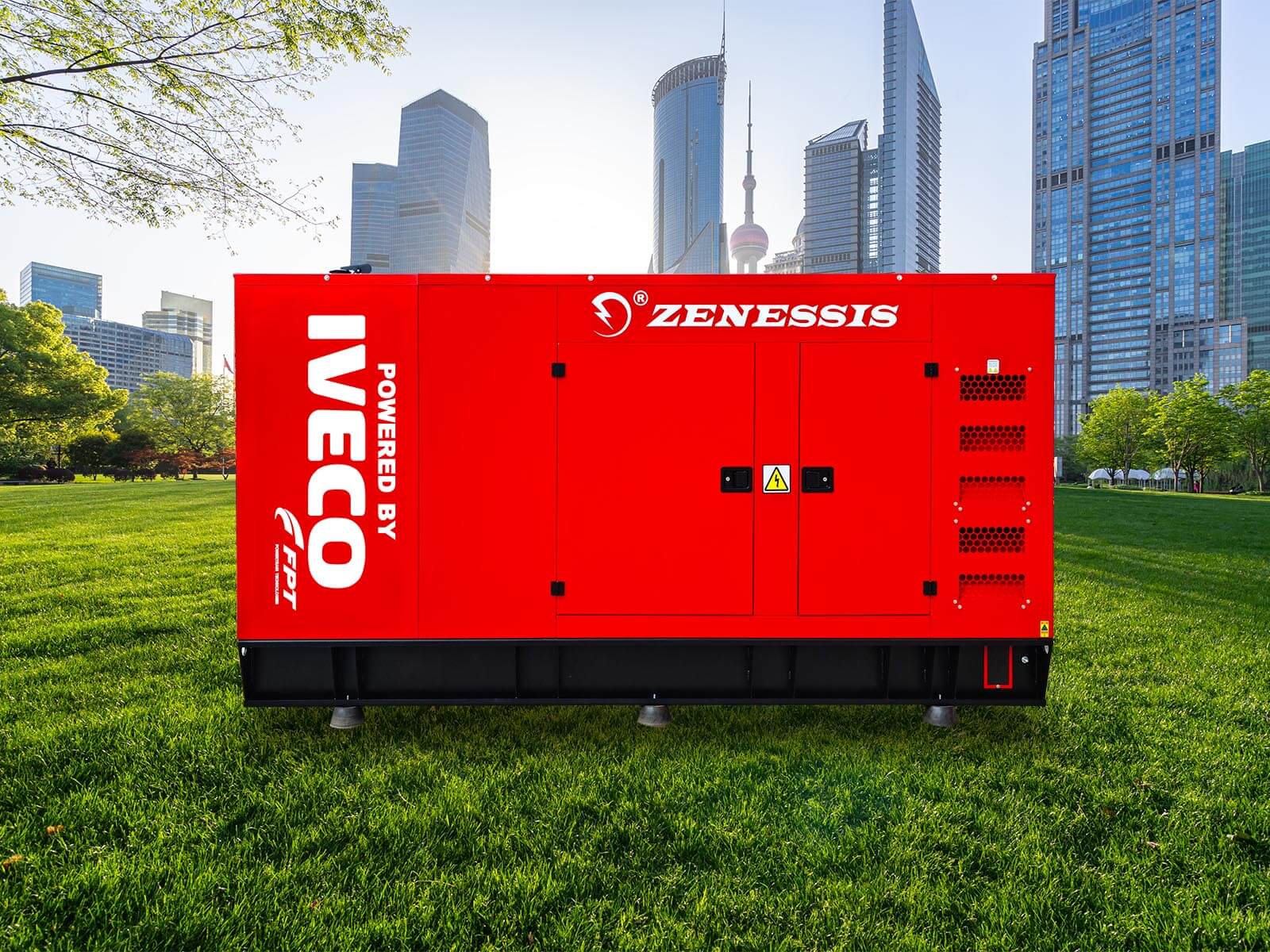
In the context of increasingly strict European regulations, diesel generators compliant with Stage V emission standards are becoming an essential solution for current applications. These systems ensure reliable energy sources, whether backup or continuous, without compromising the stringent environmental protection requirements.
What does Stage V standard mean for diesel generators?
The Stage V regulations implemented by the European Union represent some of the most stringent emission control standards. These standards are designed to reduce fine particulate matter and nitrogen oxides, contributing to improved air quality. Diesel generators that meet these requirements are equipped with advanced technological systems, such as diesel particulate filters (DPF) and selective catalytic reduction (SCR) catalysts, which allow them to significantly reduce pollution.
How Diesel Generators Work
A diesel generator operates by converting the chemical energy of fuel into electrical energy. This process involves a diesel engine that generates mechanical power, which is then transferred to an alternator that converts it into electricity. These systems are indispensable for powering a wide range of applications, from construction sites to hospitals and data centers.
Benefits of Stage V Compliant Diesel Generators
- Reduction in Pollutant Impact
Stage V compliant generators drastically reduce harmful emissions, cutting down on particulate matter and nitrogen oxides, making them environmentally friendly. - Durability in Demanding Conditions
Designed for constant performance, these generators are ideal for applications requiring long hours of operation under intense conditions. - High Fuel Efficiency
Modern diesel engines are optimized for low fuel consumption, which lowers operational costs. - Extended Durability
Built with robust materials, diesel generators provide long service life and consistent performance over time.
Applications of Modern Diesel Generators
Stage V compliant diesel generators are essential in many industries. In the industrial sector, they power heavy equipment, while in healthcare, they are vital for running essential medical devices. These systems are also used to maintain critical infrastructure functionality, such as public lighting or water supply systems.
Advanced Technologies Integrated into Modern Generators
Diesel generators are equipped with technologies that optimize performance and reduce environmental impact, including:
- Diesel Particulate Filter (DPF) – Designed to capture solid particles from exhaust gases.
- Selective Catalytic Reduction (SCR) – Uses chemical additives to reduce nitrogen oxides in emissions.
- Modern Turbochargers – Maximize airflow, improving combustion efficiency.
Diesel Generator Maintenance
To ensure efficient and durable operation, diesel generators require regular maintenance. This includes checking oil levels, cleaning the air filter, and inspecting critical components. Proper maintenance not only extends the lifespan of the equipment but also ensures optimal performance and compliance with emission standards.
Choosing Stage V Compliant Generators
Investing in a generator that meets Stage V requirements is a responsible decision for those seeking a reliable, efficient solution that aligns with environmental protection standards. Such generators not only ensure a safe power supply but also help reduce the carbon footprint, supporting the transition to a cleaner future. By using modern diesel generators, operational continuity is guaranteed, and global sustainability goals are supported. Choosing these systems means not only reliable energy but also a commitment to a healthier environment.

